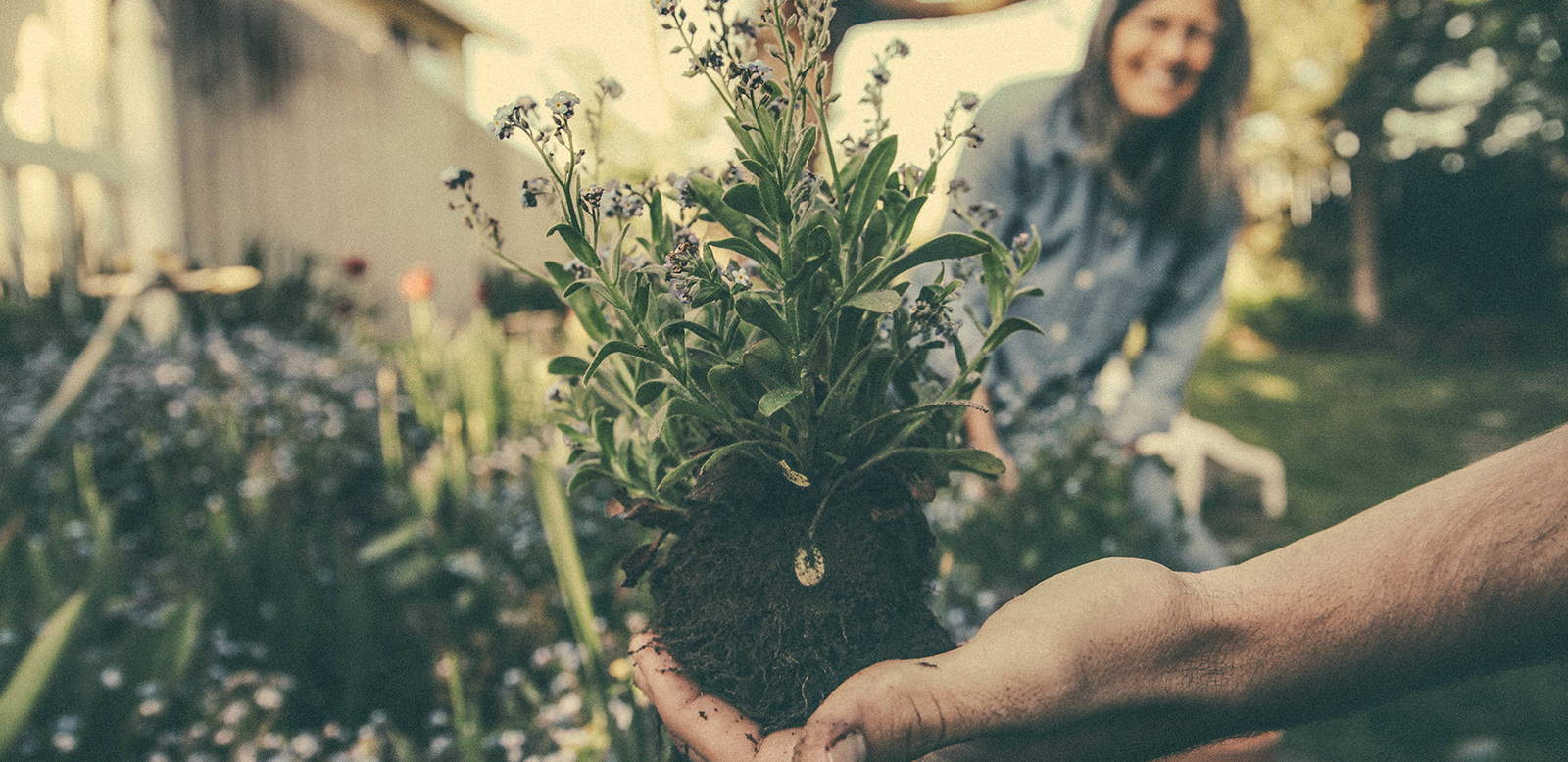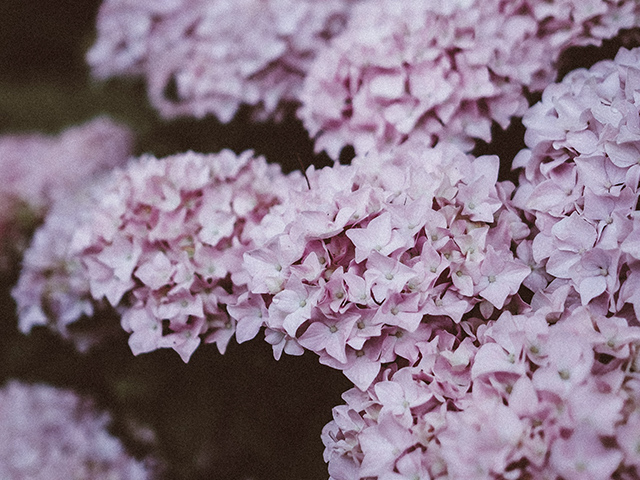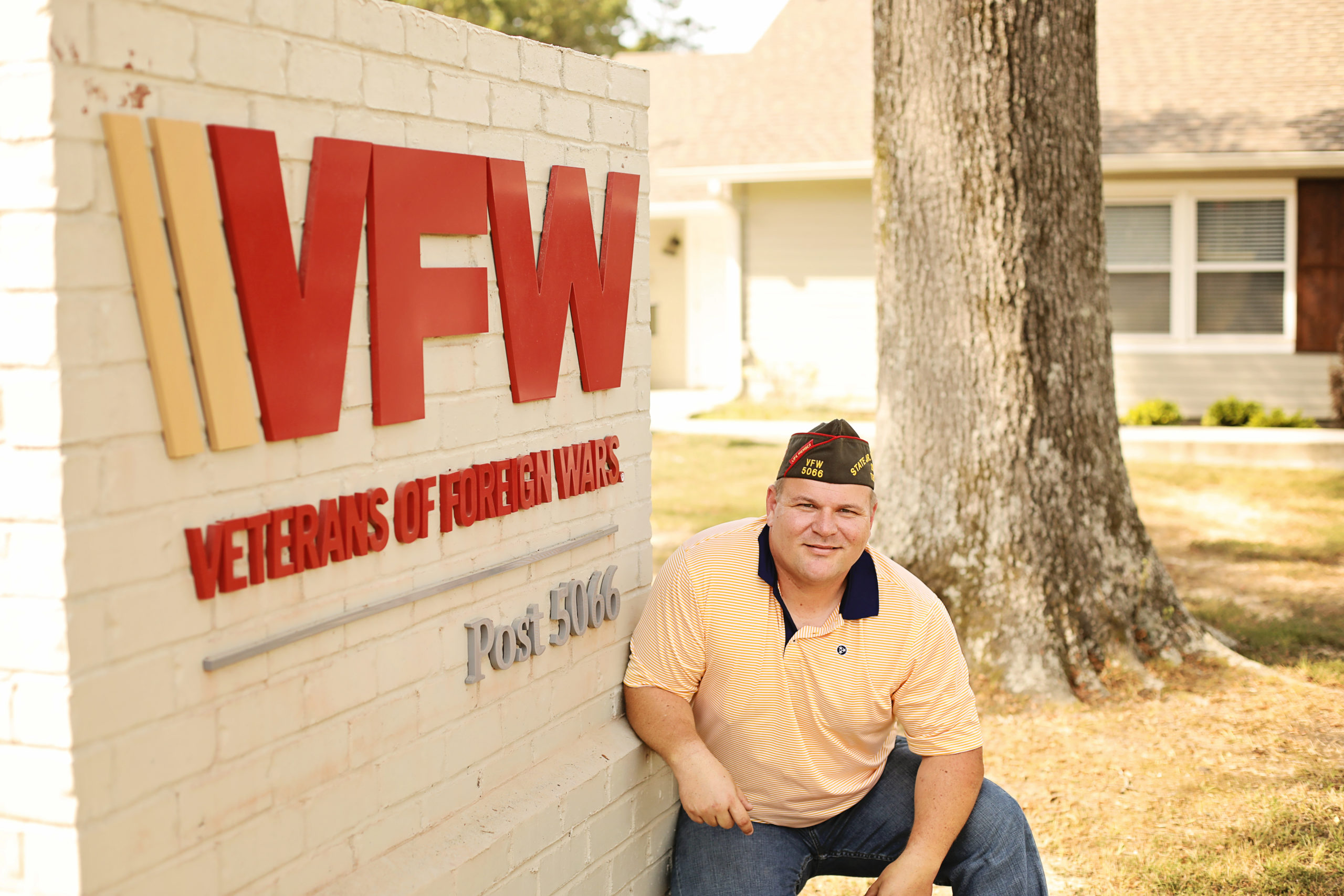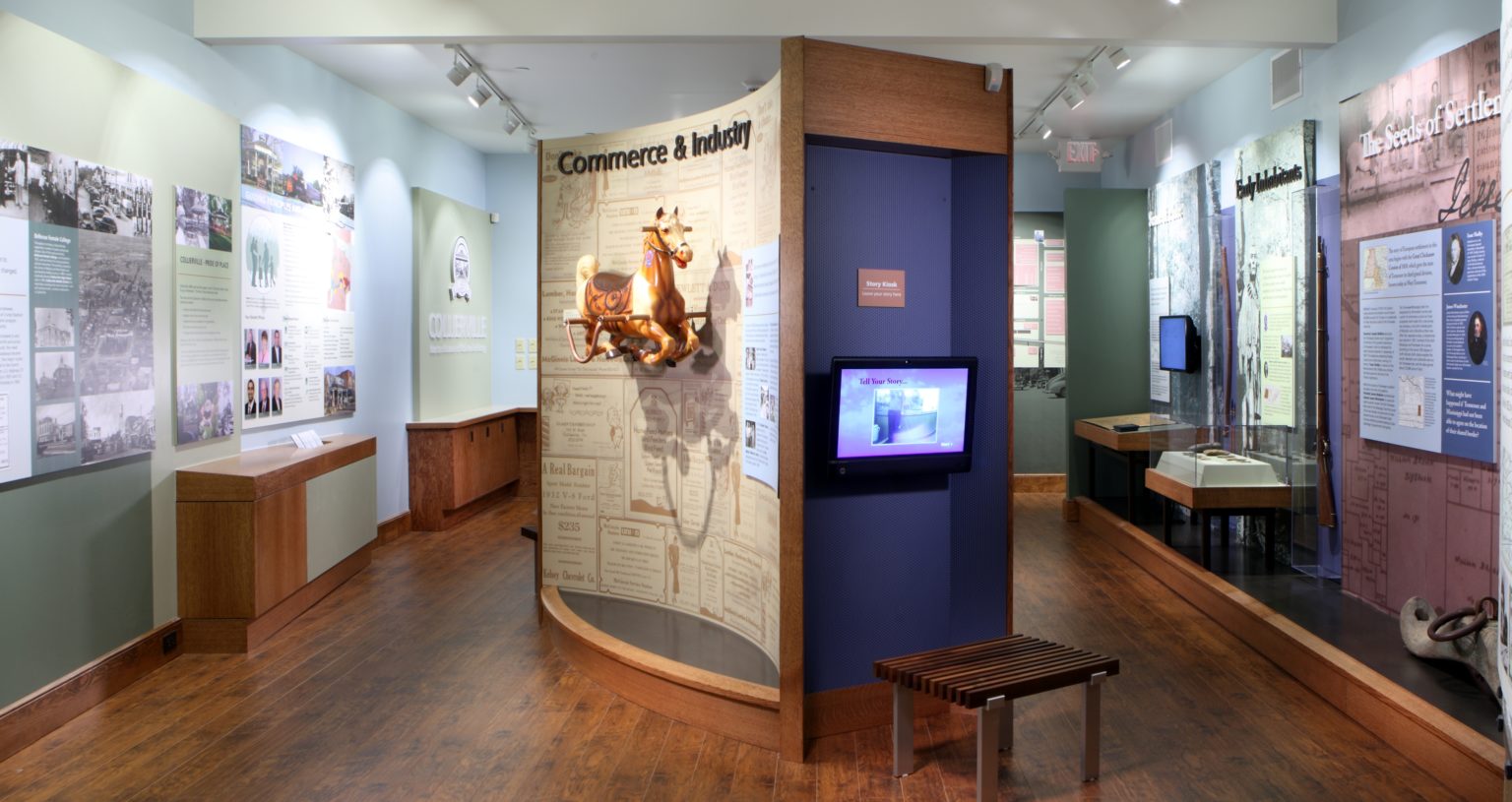
How Does Your Garden Grow?
When spring comes, there is a natural urge to clean and spruce up everything in your life, including your yard. Whether you have bought a new home with an empty landscape or you are tired of the current state of your yard, there are some key things to know before overhauling it.
Shawna Kersey, a Plant Specialist at Stringer’s Poplar Pointe Garden Center, explained there is nothing more important than putting in some planning effort before you head off to a garden center. “Make sure to check your yard for where you have sun and where you have shade, and at what times of day those areas are sunny or shady,” said Kersey.
At least three hours of afternoon sun qualifies as a “full sun” area, while areas that only get morning sun are considered “partial sun.” According to Kersey, it should be easy to tell what plants qualify as full or partial sun, as garden centers will keep full sun plants outside and partial sun plants in a greenhouse area.

The biggest mistake, according to Kersey, you can make while planting is mixing up sunny and shady plants in the wrong areas. “Make sure to check those areas of your yard in the spring, because the sun changes in the winter and the summer, so you want to know where the sun will be right before you start planting,” advised Kersey. In addition to accounting for sunny and shady areas, you can research what sort of plants you want online before going to a garden center. You can even download an app to help you once you get there, such as Garden Answers (free download with in-app purchases), which can take a picture of any plant and tell you more information about it.
One major aspect of gardening is to decide whether you want annuals, perennials or a mix of both. Annuals are plants that die off in the heat or the cold, while perennials are hardier plants that bloom year after year. Vinka is a popular annual because it lasts all summer, whereas coneflowers and hostas are popular perennials.
You also need to keep in mind the climate when you pick your plants. The United States Department of Agriculture has assigned 11 “hardiness” zones, using the extreme minimum temperature to determine the gardening climate of the area. As of 2012, Memphis falls into Zone 7. Garden centers will tag plants to indicate the preferred zone.
However, you do not need to strictly stick to the Zone 7 rule. As Kersey explains, “If a plant is a Zone 8-10, they can do well in Memphis. It just depends on the winter we have, because Memphis can become a Zone 8 when we don’t have a cold enough winter.”
Kersey recommends choosing to plant something that can provide added home value, especially if you are a new homeowner. Trees can help houses sell later on, with maples and dogwoods being the most popular, as well as topiaries. “They can be more expensive,” said Kersey, but it will end up as an investment in your home. Scented flowers can also add value, especially camillas, roses or azaleas, as they can bloom multiple times a year and certain breeds can bloom in the winter as well.

However, if you need a large quantity of a certain plant or one color of a specific flower, make sure to call and order from the garden center ahead of time. “If you have a large or really specific order in mind, it’s always good to call ahead and pre-order at least a month in advance,” said Kersey. “That way we will definitely have what you need, since we generally only order so many of one plant or flower or color.”
In addition to flowers and trees, Stringer’s also sells herbs and local organic produce, which can add color and fragrance to your garden beds. “We sell herbs in the springtime, like mint and St. John’s wort, which smell amazing in a garden, as well as organic fruit and vegetables from Peace Farm Organics [in Arkansas], which we like because it helps contribute to urban gardening,” said Kersey.
If you feel lost even after doing research on your own, make sure to visit a local garden center, like Stringer’s Poplar Pointe, and find out exactly what they have to offer. You can also find a plant specialist, like Kersey, who can help you figure out exactly what is right for your yard. A bare yard can feel overwhelming but there are plenty of gardening experts out there in our neighborhood –– you just have to seek them out.
Story | Regan Hewitt







